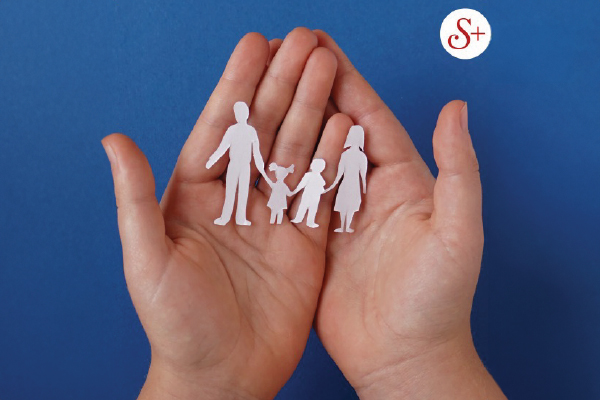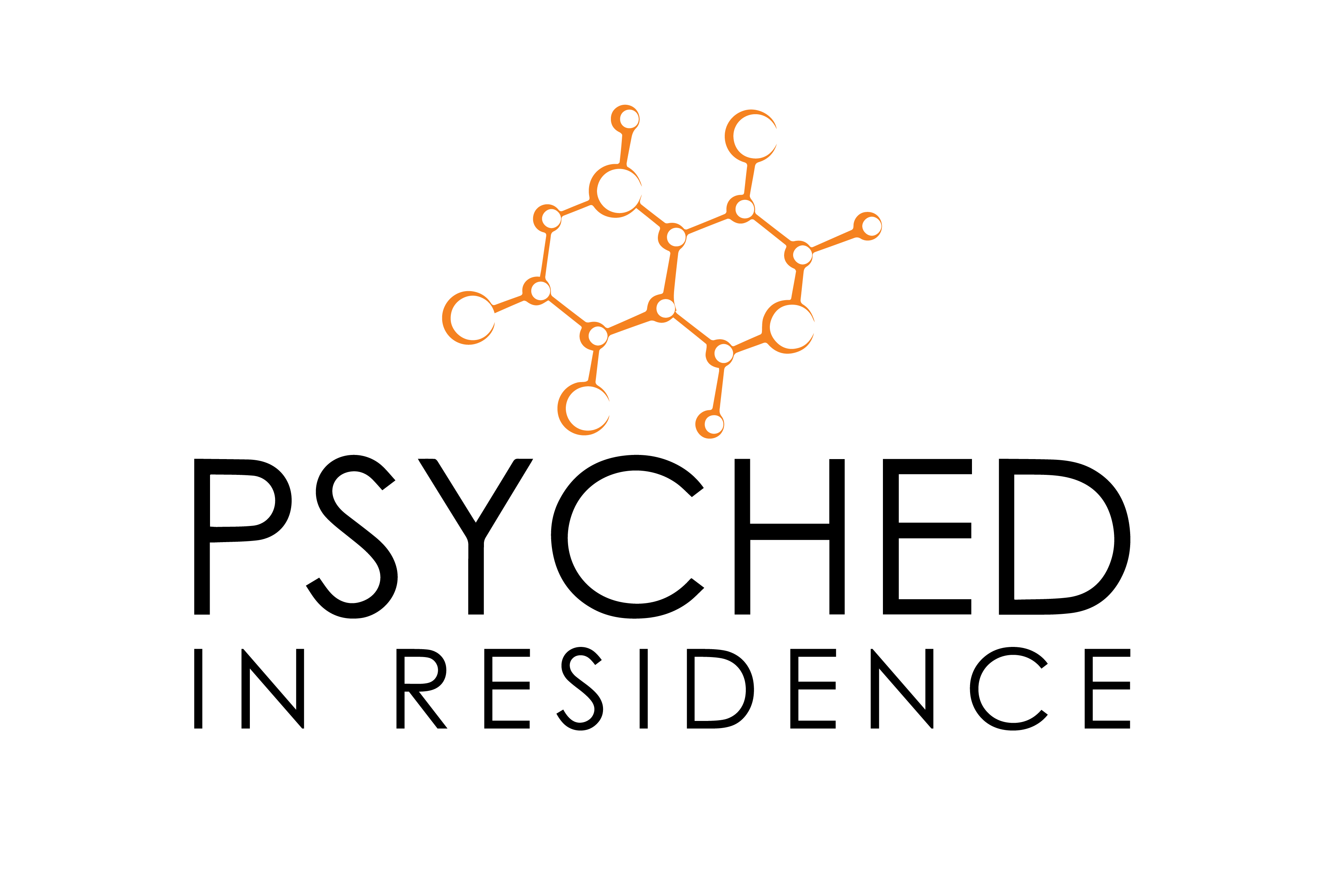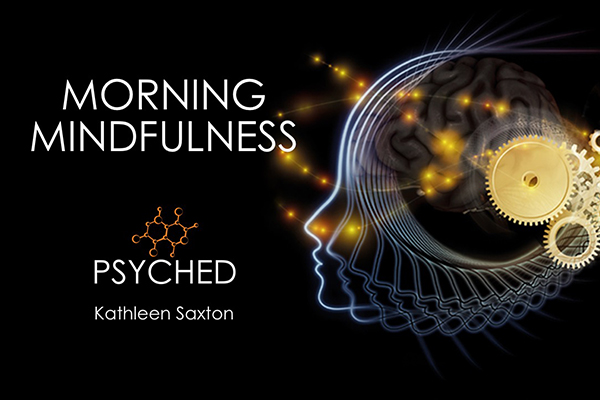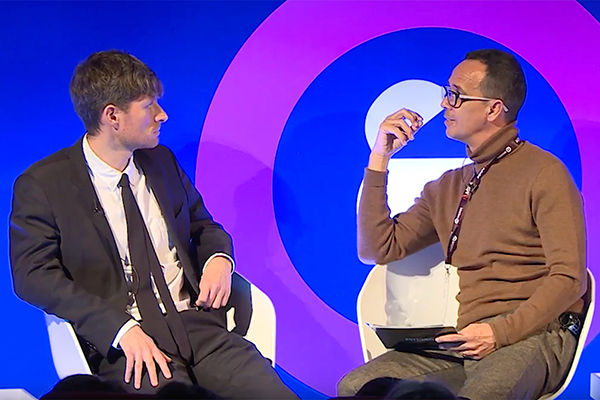This blog, ‘The Ultimate Sharing Economy’, was written by Psyched co-founders Kathleen Saxton and Ben McKie following the first public outing for Psyched at Mindshare’s Huddle For Good.
You must have been hiding away in a cave to have failed to notice the exponential growth of the sharing economy over the past few years. In many ways this burgeoning economy has always been part of human society; but the seismic shift of what used to be transactions between friends and families to become, in some cases, billion pound businesses is a real indicator of the power of sharing.
Brands such as Uber, Airbnb and Kickstartr continue to grow rapidly; growth that was recently quantified by research from PwC estimating that five sharing sectors (peer-to-peer finance, online staffing, peer-to-peer accommodation, car sharing and music video streaming) have the potential to increase global revenues more than twenty-fold to $335bn by 2025.
The underlying notion in all of this is about connecting demand to capacity or assets. The whole idea of peer-to-peer sales creates new markets and, despite a few criticisms, the sharing economy has been overwhelmingly welcomed by consumers.
The new-found power of the sharing economy is something that can quite easily be applied to your own human capital. The potential of your own relationships, community and breadth of experience is something that can be truly harnessed not only for yourself, but also for those around you and, equally importantly, those you care to share with.
Every single one of you is an untapped source of potential ‘goodness’ for both yourself and others – although your own challenge may simply be understanding how to surface this. Group therapy – such as the taster Group Psyched session showcased at ‘Huddle For Good’ – can be an incredibly potent method of sharing your own good.
You may have found yourself rolling your eyes as you read the word ‘therapy’. You won’t be the first, and you certainly won’t be the last. Perhaps you think that therapy is not for you because ‘there’s nothing wrong with me’? Yet no matter how you’re feeling – be it up, down or sideways – individually you still have something incredibly valuable to contribute to both your own and others’ wellbeing. Group therapy simply works like a mirror, allowing you to see what you really like, or indeed dislike, about yourself from what you see in others.
The old adage ‘sharing is caring’ couldn’t be more applicable when it comes to therapeutic groups and there are five key reasons why you could find encouragement or support in such an environment.
Firstly, group therapy, by definition, allows you to see yourself in the eyes of others. Being part of a group evokes fantasies and projections about each other and can often replicate the dynamics of a family system. This in turn creates fertile grounds for exploration, understanding and new experiences and perspectives.
Secondly, these groups facilitate the giving and receiving of support, feedback and connection. The group together can offer hope, inspiration, encouragement or even practical suggestions – all of which can come from the peer collective rather than from the therapist leading the group.
Thirdly, group therapy can help you find your ‘voice’ and clearly express your own feelings and needs. This is particularly important as it’s naturally difficult to stay connected to yourself while trying to connect with others.
Fourthly, these groups can help you relate to others, and yourself, in healthier ways. How many times have you wished for really honest feedback from those that care for you? A healthy group will provide this support and provide the opportunity for you to test the dialling up or down of your own personal methods for interacting with others.
And finally, group therapy provides a safety net and allows your personal confidence outside the group to grow. Many of you will no doubt experience constant transitions in both your personal and professional lives. This type of supportive group can help you navigate them.
The common underlying trait that unites the business of the sharing economy with your own potentially untapped capabilities is that of ‘deep democracy’. While the likes of Uber and Airbnb have helped to level playing field in their respective markets, similarly you will find that group therapy builds a socially equal platform for all participants. No matter how you feel, where you are in life, or indeed where you want to go, the collective power of peers is an incredibly powerful way of ensuring ‘your good’ is released and shared. With a twenty-fold growth expected in sharing businesses over the next decade, just imagine what would happen if you could grow your personal shared economy by even a fraction of that!








